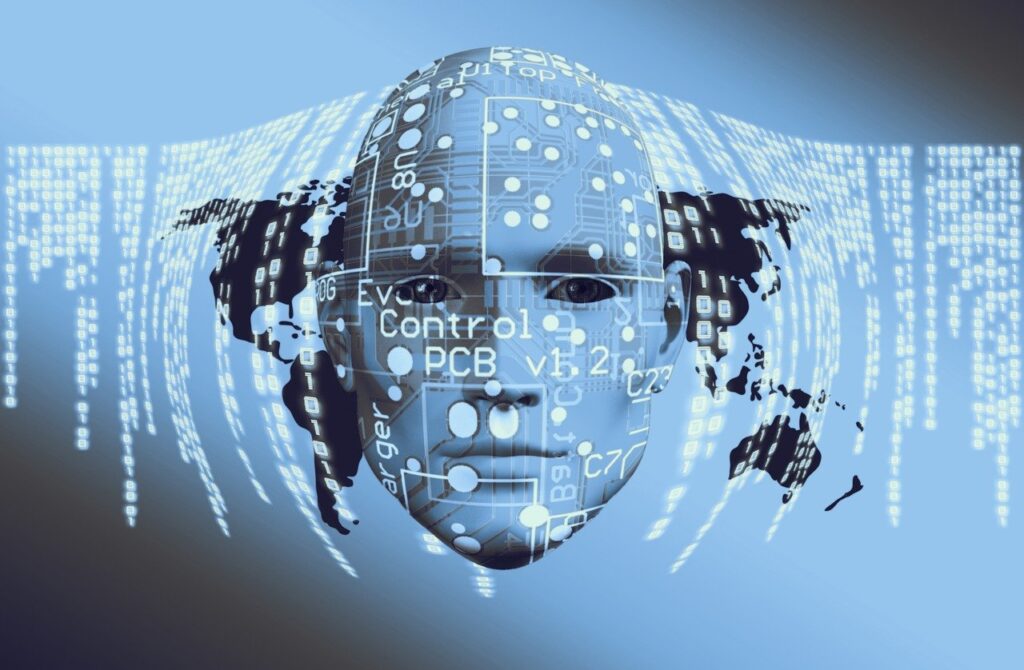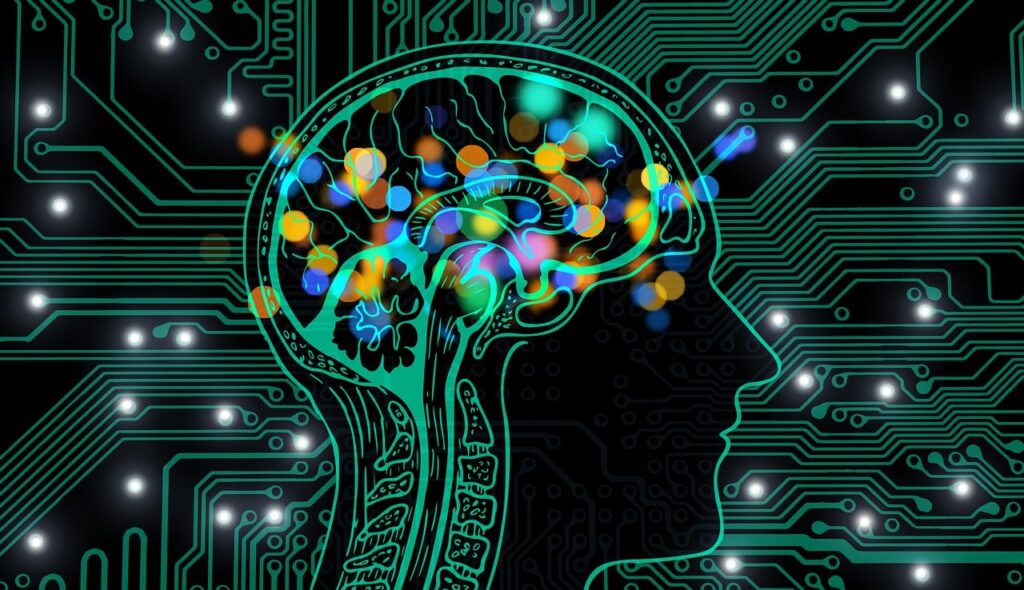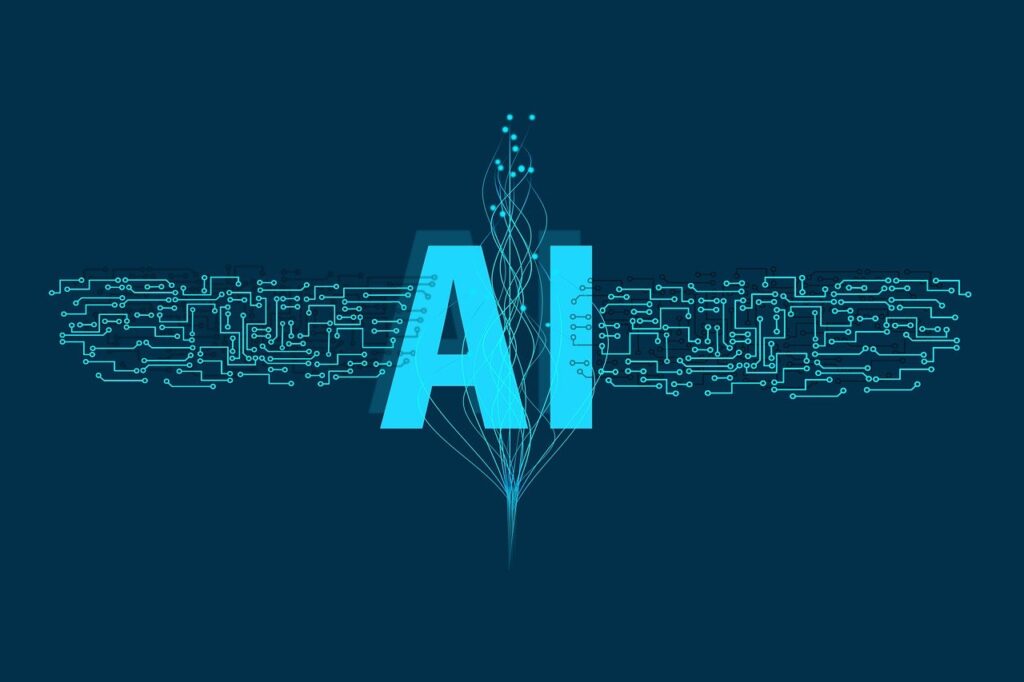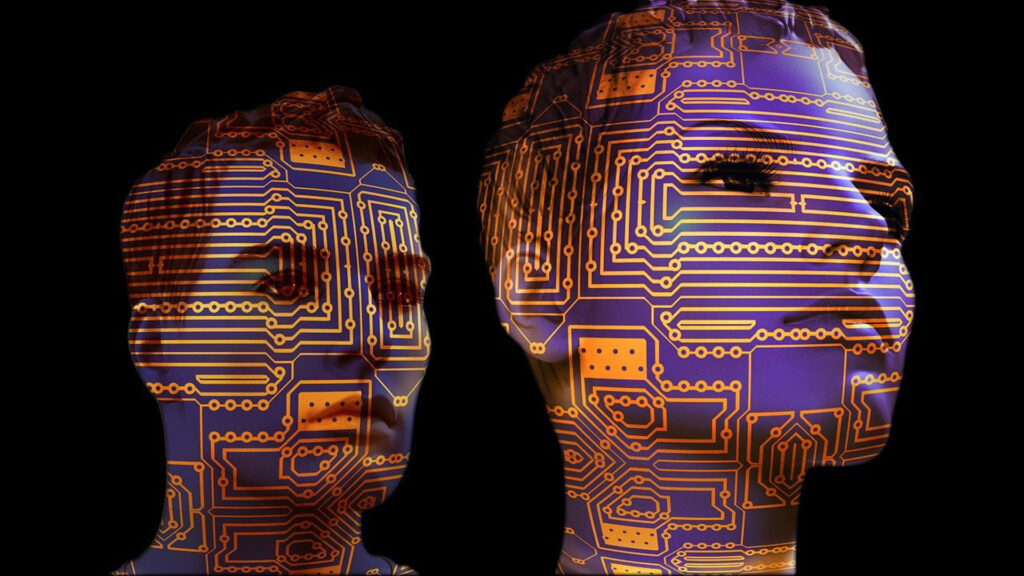
What are the disadvantages of Artificial Intelligence (AI)?
Disadvantages, Harms and Risks of Artificial Intelligence (AI):
1- Job Displacement: Automation driven by AI can lead to job displacement, particularly in industries where routine tasks are easily automated.
2- Bias and Fairness Issues: AI systems may inherit biases present in training data, leading to discriminatory outcomes and reinforcing existing social inequalities.
3- Privacy Concerns: AI applications often involve the processing of large amounts of personal data, raising concerns about privacy and the potential misuse of sensitive information.
4- Security Threats: As AI becomes more sophisticated, there is a risk of malicious actors exploiting AI systems for cyber attacks, fraud, or other security breaches.
5- Ethical Dilemmas: AI can raise ethical concerns, such as the use of autonomous weapons, invasion of privacy, and the responsibility for decisions made by AI systems.
6- Dependency and Loss of Skills: Overreliance on AI for decision-making may lead to a loss of certain skills among humans, potentially reducing our ability to independently perform critical tasks.
7- Lack of Transparency: Some AI algorithms operate as “black boxes,” making it challenging to understand how decisions are reached, which can hinder accountability and trust.
8- Unemployment and Economic Inequality: Job displacement can contribute to unemployment and widen economic inequalities, as certain individuals may struggle to adapt to the changing job market.
Balancing the benefits and risks of AI requires careful consideration, ethical development practices, and the implementation of policies to mitigate potential harms.



